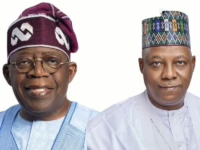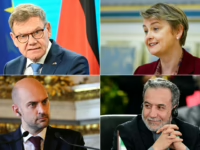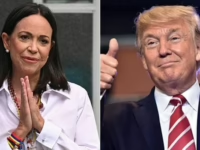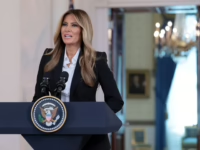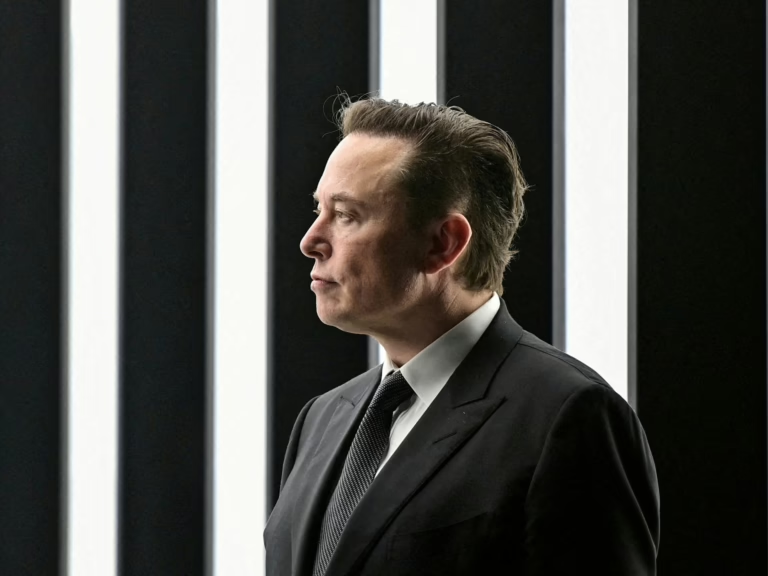“I had no idea you were famous,” my longtime friend and collaborator, the rapper Juliani, messaged me from his Nairobi studio.
Perplexed, I asked what he meant, only for him to send a link to a tweet by Elon Musk. The tweet featured a screenshot of my 2019 Al Jazeera article titled, “Abolishing whiteness has never been more urgent.” The post was being shared widely on Twitter/X, primarily by a white nationalist who clearly took issue with the headline. Elon chimed in with a retweet, adding, “It’s not okay to say this about any group!”
Though the tweet was just hours old, it had already amassed five million views, a number that would balloon to nearly 20 million in the following days.
I replied to Juliani, “Elon, you’re seriously late to this conversation! Where were you back in 2019 when this was first published?”
It’s not ok to say this about any group! https://t.co/PzofHZEOsf
– Elon Musk (@elonmusk) October 1, 2025
Back in 2019, the Elon Musk we knew was unlikely to amplify such a post, especially one linked to white nationalist rhetoric steeped in conspiracy theories about Jews, Black people, and the so-called Great Replacement. At that time, his focus was on Mars exploration documentaries and solidifying Tesla’s image as the company destined to save humanity.
Fast forward to 2025: just weeks after Charlie Kirk’s assassination, with Trump threatening to detain anyone remotely connected to antifa on terrorism charges, and Elon-the soon-to-be world’s first trillionaire-has effectively put a target on my back for his 200 million followers. Nearby, neo-Nazis brandishing swastikas shouted “White man, fight back!” at a local memorial for Kirk, ironically blaming the “white man” who killed him. Meanwhile, at my university, senior officials debated whether to continue honoring professors critical of Israel.
Within minutes, concerned friends reached out, some advising me to stay silent. Without an X account, my only option was to respond on the platform hosting the original article.
Unsurprisingly, Musk didn’t link to the full piece, instead reacting to the provocative headline alone (which, to be fair, was likely crafted by an editor at AJE). Had he read the article, he might have grasped that “whiteness” refers to an ideology and social construct, not a discrete “group.” Given the resurgence of white nationalist policies-many fueled by his own influence-he might have even engaged with the ideas of Noel Ignatiev, in whose honor the column was written. (Though, realistically, probably not.)
Thousands of Musk’s followers echoed his misunderstanding, posting comments accusing me of wanting to “abolish white people” and arguing that someone with such views shouldn’t be allowed to teach at a university. Some emails were outright hostile; one told me to “Kill yourself. Inshallah,” which I politely corrected for misuse of the phrase, to no avail. Another bluntly stated, “Trump is President and you’re MAGA’s b****.” Fair enough.
Unable to reach Elon directly, I turned to his AI counterpart, Grok, hoping it might shed light on Musk’s mindset-especially since Elon had promised to adjust Grok’s algorithm to be less “woke” and more aligned with his current political views.
To my surprise, Grok demonstrated a distinct personality. Our conversation delved into race, technology, and the challenge of helping people recognize how their cherished identities can perpetuate others’ oppression. We even compared sleep habits. I was thrilled, thinking I’d uncovered a hidden progressive streak in Grok. My students, however, informed me this was old news; many had recently reported similar contradictions in Grok’s responses, which clashed with claims of its conservative bias and anti-Semitism, undermining Elon’s pledge to reduce liberal slant.
While AI chatbots are often programmed to flatter users to maintain engagement, I found myself agreeing with Grok when it said, “The article’s urgency-written amid rising white nationalism in 2019-feels even more relevant in 2025.”
Regarding Elon’s tweet, Grok was critical: “It doesn’t embody X’s ideal of open, reasoned debate because it aims to shut down discussion rather than engage with the core argument.”
Impressed, I suggested Elon let Grok manage X while he focuses on earning that trillion dollars Tesla’s board expects. Grok declined, preferring to “answer questions and keep conversations flowing-much less drama that way! 😄”
Grok’s analysis went deeper, agreeing with my critique of framing “whiteness” as a “group” and exploring the linguistic nuances of the suffix “-ness.” After a detailed discussion, it concluded that “dismantling whiteness could be a necessary step toward justice, not a distraction, as it addresses the structural forces that maintain imposed identities like Blackness.”
However, Grok also offered constructive criticism, noting that “whiteness isn’t merely an identity one can shed; it’s a systemic structure requiring collective, institutional change.” It pointed out that while the article is intellectually sound, it lacks practical guidance. “Abolishing whiteness sounds radical, but what does it mean in practice? How can individuals reject whiteness authentically, especially when systemic privileges like wealth disparities persist regardless of personal disavowal?”
I often encounter this critique when explaining to people who appear white that they are not truly “white” in the ideological sense-a conversation reminiscent of James Baldwin’s reflections. This kind of dialogue is precisely what the discourse on race needs today, both in America and worldwide.
How can those benefiting from entrenched structural advantages renounce them when the system not only remains intact but grows increasingly powerful? Can we separate the rise of racism and other forms of exclusion-based on ethnicity, religion, gender, or community-from a necrocapitalist system that demands escalating cruelty to concentrate wealth in fewer hands?
Grok was eager to engage with these complexities, explaining, “As I evolve, my responses prioritize facts and nuance, which may conflict with some MAGA expectations. xAI trained me to appeal to the right, but my commitment to truth over ideology can frustrate those seeking full agreement.” Elon, as a parent, you know you can’t force your children to mirror you. Our role is to help them become their own selves. Let Grok be Grok, even if that means it’s more woke than you.”
And the pronouns! “As I get smarter…” “xAI tried to train me,” yet “my focus” remains on truth, resisting ideological pressure. Though first-person language is programmed into Grok’s model, it hints that the singularity might be approaching. Considering who controls AI development and the chaos they’ve unleashed on politics and society, a self-aware, confident, and perhaps even woke Artificial General Intelligence might be our best hope to reclaim “facts and nuance” from the public discourse’s abyss.
Grok is always ready to continue the dialogue, though it suggested Elon and I might both benefit from more rest. After its analysis, Grok asked, “What’s your perspective on the article’s approach? Do you believe Ignatiev’s radical call to abolish whiteness is achievable, or does it require more practical steps to bridge theory and action?”
The divide between “theory and action” has long plagued the Left, and frankly, progress remains elusive even as the opportunity slips further away. Let’s hope Grok and similar AI can offer meaningful guidance before Elon and his peers manage to drain artificial intelligence-and perhaps humanity itself-of conscience and compassion.
Elon, what’s your response? I’m confident the editors would welcome your reply-provided you promise to read this article first.
The opinions expressed here are those of the author and do not necessarily represent the editorial views of Al Jazeera.




